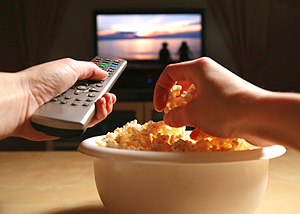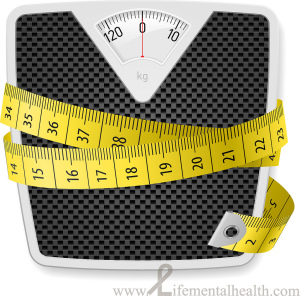
Daily Choices Matter
Studies have shown that each day we make as many as 200 food choices.
Those choices are influenced by many things, even the people we are eating with. While the individually choices may be quite small When you add them together their actual contribution to our health and well being can make a huge difference.
You’ll probably notice that many of our members questions are about small things. They seem to hone in on the details. Yet quite often people say – “Surely, if I just take care of the big things then I don’t really need to worry about the small things?”
Which on the dace of it seems fine. But when you analyse anything, the big things are made up of lots of small things. Meaning that If you take care of the detail in your diet, then each of those things that you take care of will add up and make the big things far more effective.
Here’s a just some of those small things that you might like to consider:
Check the Ingredients
Firstly, when you go to the supermarket or your local shop to stock up, look down the ingredients list to make sure you avoid eating foods that have got artificial sweeteners, MSG and a whole range of additives and colorants. These are the things that many manufacturers have to put into their food in order to put back the flavour and vitamin content that their processing has processed out.
Secondly, try as much as possible to use organically sourced and grown produce.
By sticking to organic (from a reputable producer), you know that you are not going to be eating and digesting pesticides, phosphates, all kinds of hormones and all the other things that commercial food producers use in order to overcome the problems that their fast-food production line cause.
It’s making those healthy choices, the small ones, that all add up to a much healthier lifestyle.
And it’s not just what you eat!
It’s Not Just What You Eat
A small choice you can make every day is just to take the elevator to get up two floors, or take the stairs. Taking two flights of stairs briskly will do far more for your heart than taking the elevator, that’s for sure.
Doing that five or six times a day, is just like jogging to the top of a ten-storey building!
It’s those type of small changes that I’m talking about, those small changes can make a really big difference.
The reason for making those choices is clear.
In Europe, the U.S.. Australia and in fact most of what would be considered the western world, its poor lifestyle choices that (e.g. what we choose to eat, to exercise, etc) account for the leading causes of death. Things like cancer, heart disease, diabetes and the rest.
In fact, the WHO (World Health Organization), in one it’s previous World Cancer Report, have said that the rates of cancer would increase by 50 percent over the next 15 years. Statistics like that are cause for concern.
However, all is not doom and gloom as WHO also suggests that at least a third of the cases could be prevented by folk making better lifestyle choices.
No Need to Make Huge Sacrifices
Some folk think that in order to make these changes they have to make a lot of sacrifices. But in reality, this is just not so.
If you think about it, it won’t cost you much at all to take the stairs (often times it’s quicker than taking the lift). In fact just 20 or so minutes of exercise a day can make the difference .
And to eat organic may cost you a little more each month, but these are all a small price to pay in exchange for a long, healthy, active and sickness free life.
 Our bodies are around 60% water, give or take.
Our bodies are around 60% water, give or take.







